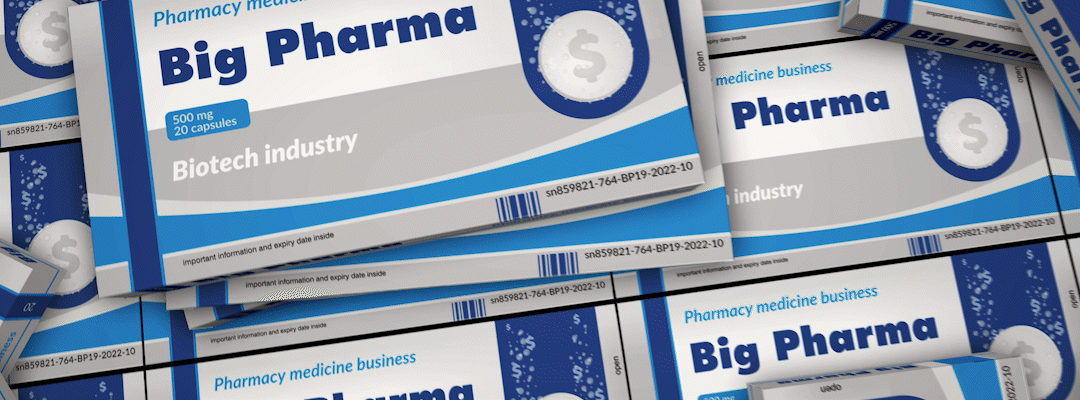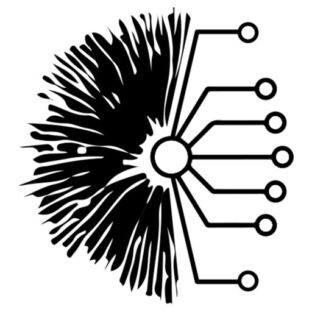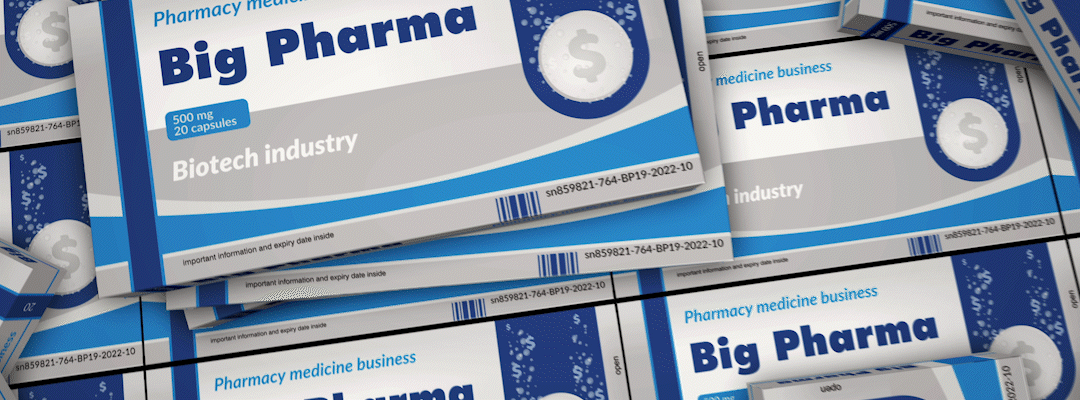The Differences Between Psilocybin and Pharmaceutical Drugs
For centuries, humans have been exploring the potential of psychedelic compounds to treat mental health disorders. In recent years, however, researchers have begun to focus on understanding how psychedelics such as psylicibin compare to traditional pharmaceutical drugs. In this blog post, we will explore the differences between psylicibin and pharmaceutical drugs in terms of their potential uses, effects, and risks.

Psylicibin is being studied for its potential use in treating various mental health disorders. This includes depression, anxiety, PTSD, substance abuse disorder, obsessive-compulsive disorder (OCD), and more. It has also been studied for its ability to help with end-of-life care and spiritual exploration. While there is still much research that needs to be done in order to understand the full range of potential uses for psylicibin, initial studies suggest that it may be effective in treating some mental health conditions.

The effects of psylicibin vary depending on the dose taken and the individual’s mindset going into the experience; however, they typically involve an altered perception of reality or “trip” that can last several hours or longer in some cases. Psylicibin can cause feelings of euphoria or paranoia as well as visual distortions or hallucinations. It can also cause changes in thought processes such as increased creativity or insight into one’s own thoughts and feelings. These effects can be both beneficial and potentially dangerous depending on how they are managed during the experience.
The effects of pharmaceutical drugs vary depending on their intended purpose; however many have common side effects associated with them including drowsiness, dry mouth, nausea/vomiting, digestive issues, headaches/dizziness/lightheadedness, decreased appetite/weight loss/weight gain (depending on the drug), etc.. Some medications also carry more serious side effects including liver damage or addiction so it is important to discuss any medications you are taking with your healthcare provider before starting a new medication regime.


2 thoughts on “The Differences Between Psilocybin and Pharmaceutical Drugs”
www.incrivel.top
April 15, 2024“Joyful and grateful for stumbling upon a blog that’s a goldmine of accurate and well-structured news. Thank you for your dedication!”
Tag de Aproximação Alimentos
October 5, 2024Um bom ponto de partida para estudar o tema.